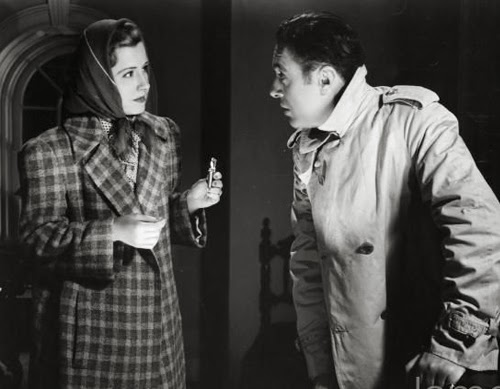The nominees were ...
- Balalaika, Metro-Goldwyn-Mayer Studio Sound Department, Douglas Shearer, Sound Director
- Gone With the Wind, Samuel Goldwyn Studio Sound Department, Thomas T. Moulton, Sound Director
- Goodbye, Mr. Chips, Denham Studio Sound Department, A.W. Watkins, Sound Director
- The Great Victor Herbert, Paramount Studio Sound Department, Loren L. Ryder, Sound Director
- The Hunchback of Notre Dame, RKO Radio Studio Sound Department, John Aalberg, Sound Director
- Man of Conquest, Republic Studio Sound Department, Charles L. Lootens, Sound Director
- Mr. Smith Goes to Washington, Columbia Studio Sound Department, John Livadary, Sound Director
- Of Mice and Men, Hal Roach Studio Sound Department, Elmer A. Raguse, Sound Director
- The Private Lives of Elizabeth and Essex, Warner Bros. Studio Sound Department, Nathan Levinson, Sound Director
- The Rains Came, 20th Century-Fox Studio Sound Department, E.H. Hansen, Sound Director
- When Tomorrow Comes, Universal Studio Sound Department, Bernard B. Brown, Sound Director
And the Oscar went to ...
When Tomorrow Comes, Universal Studio Sound Department, Bernard B. Brown, Sound Director.
Something of a surprise winner in a year dominated by Gone With the Wind, When Tomorrow Comes is a fairly standard melodrama, reteaming Irene Dunne and Charles Boyer after their success in Love Affair. It was directed by John M. Stahl from a story by James M. Cain -- and thereby hangs a tale: Cain sued the studio because a key scene in When Tomorrow Comes, in which Dunne and Boyer take refuge in a church from a hurricane, wasn't in his story but seemed to him to be copied from a scene in his 1937 novel Serenade, to which Universal hadn't bought the rights. Dwight Taylor, who wrote the screenplay, admitted that he had read Serenade, but denied having copied the scene in the book. The judge ruled in favor of Universal, noting that aside from the general situation there were insufficient similarities between the film and the novel in both the characters and their behavior to indicate plagiarism, and invoked the term scène à faire, a now common term in copyright law which holds that elements conventional to a genre -- such as taking refuge from a storm in a church -- are not protected by copyright. Anyway, in this case the hurricane itself -- or the sounds it made -- may have been why Brown won his only Oscar out of eleven nominations.
 |
| Irene Dunne and Charles Boyer, caught in a storm of legal significance, in When Tomorrow Comes |
No comments:
Post a Comment